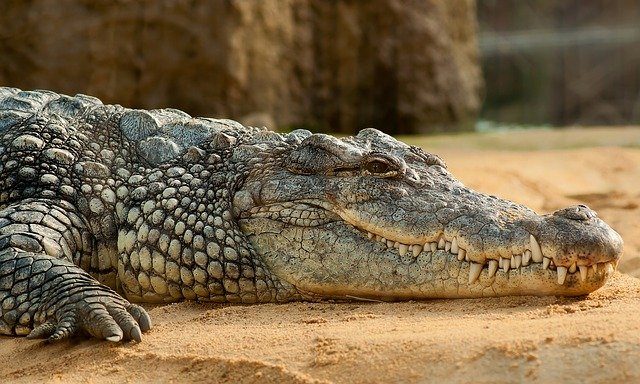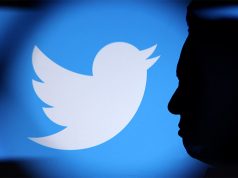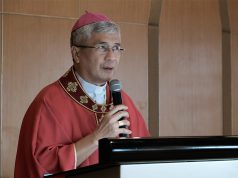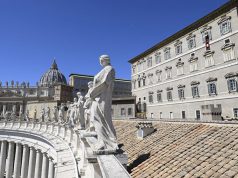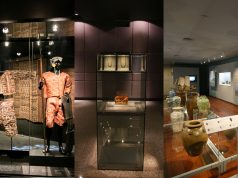Crocodiles or “buwaya” don’t always symbolize corrupt politicians in the past, according to Ayala Museum.
In a Twitter thread on Monday, Ayala Museum provided historical facts about crocodiles. It said that they were originally revered animals in the 16th to 18th century.
The account also showcased some historical texts and photos as evidence of how ancient communities see these reptiles.
“Crocodiles get a bad rap nowadays because of politicians, but did you know crocodiles used to be a revered creature?” the tweet read.
“Back in the 16th-18th century, surviving accounts illustrate how communities coexisted with and revered the crocodile. The large reptiles were like neighbors to the locals, residing in rivers where people sourced water, bathed, and fed cattle,” it added.
Were crocodiles always a symbol of corruption? 🐊
Crocodiles get a bad rap nowadays because of politicians, but did you know crocodiles used to be a revered creature?
Let’s rehabilitate the innocent crocodile’s reputation:
[A THREAD] pic.twitter.com/OwWvxZc8kH
— Ayala Museum (@ayalamuseum) June 21, 2021
In the thread, it stated two reasons why crocodiles were worshipped and adored before:
- “They believed that the spirits of their deities or ancestors resided in crocodiles, so people would not harm them even after attacks on humans and domestic animals.”
- “In some communities, crocodiles were even believed to be administrators of divine justice, and being killed by a crocodile was brought about by a person’s own transgressions.”
A video about this trivia titled “The History of Crocodile Print in the Philippines” was also released on the museum’s YouTube channel.
The Makati-based institution previously released a poll and asked its followers what they normally associate the term “buwaya” with.
The term “corruption” topped the poll with 95.1% votes. This was followed by luxury with a dismal 3.4% votes, justice with 1% and protection with 0.5%.
When you hear 𝒃𝒖𝒘𝒂𝒚𝒂, what do you usually associate it with?
— Ayala Museum (@ayalamuseum) June 18, 2021
It’s not certain when the image of crocodiles changed in Filipino culture.
A 2011 study titled “A Cultural History of Crocodiles in the Philippines: Towards a New Peace Pact?” traced that the strong dislike for crocodiles might have something to do with the estuarine crocodile.
“Filipinos have a strong dislike for the reptiles, especially crocodiles, due to the reputation of the estuarine crocodile as a man-eater, causing fear for all crocodiles. This has pushed the [Philippine crocodile] to the verge of extinction,” part of the study read.
Since then, in mainstream media, crocodiles have also been likened to corrupt government officials, landlords and other individuals in power.
“Crocodiles are stereotyped as ferocious monsters or bloodthirsty man-eaters and are associated with greed and deceit: corrupt government officials, selfish athletes, landlords and moneylenders are often called buwaya, Filipino for crocodile. In the media, politicians are often portrayed as crocodiles,” the study read.

